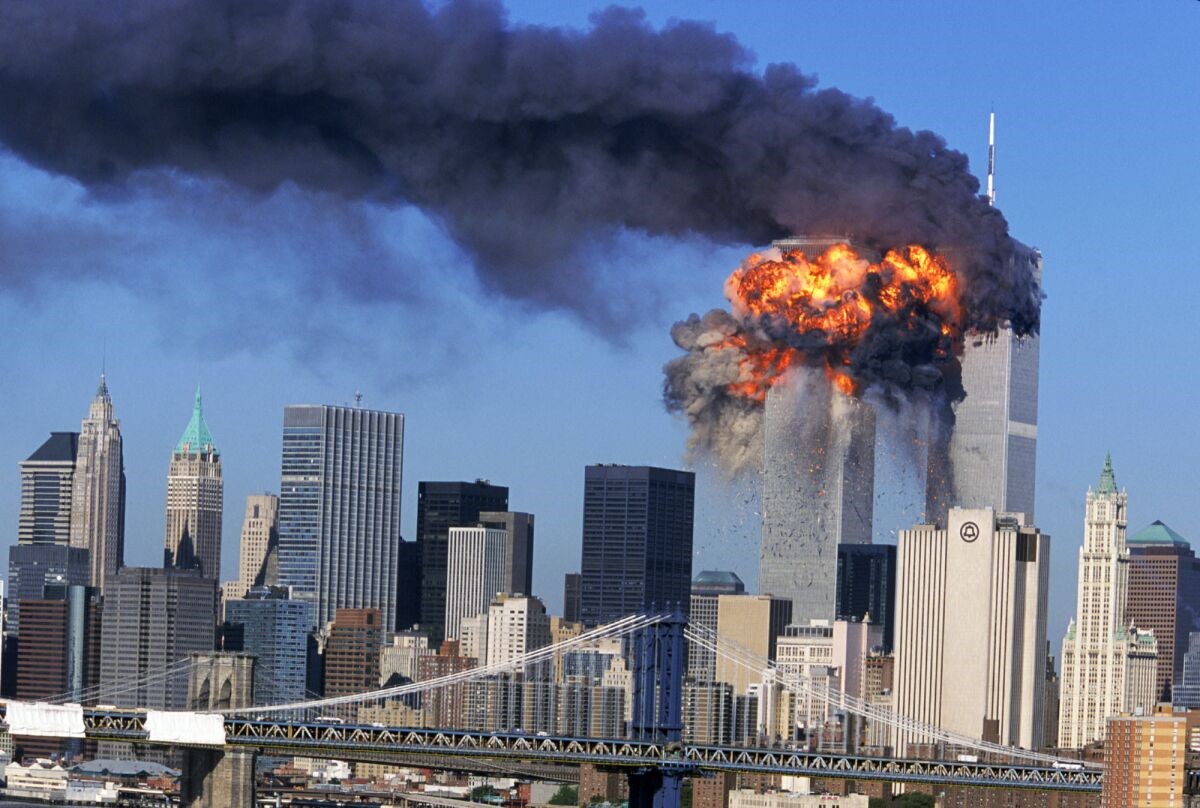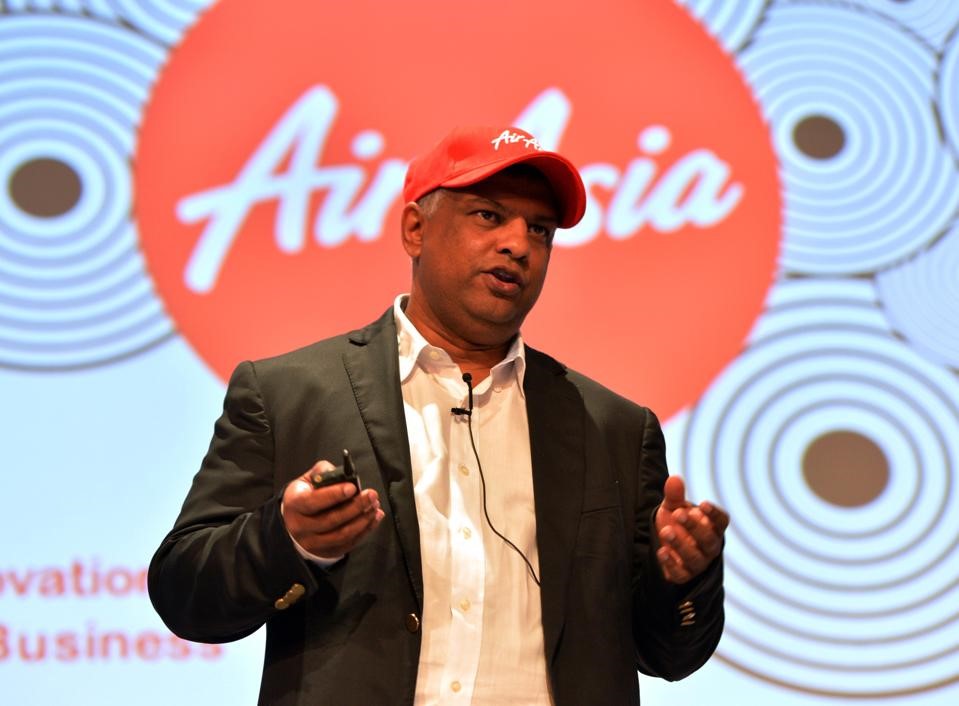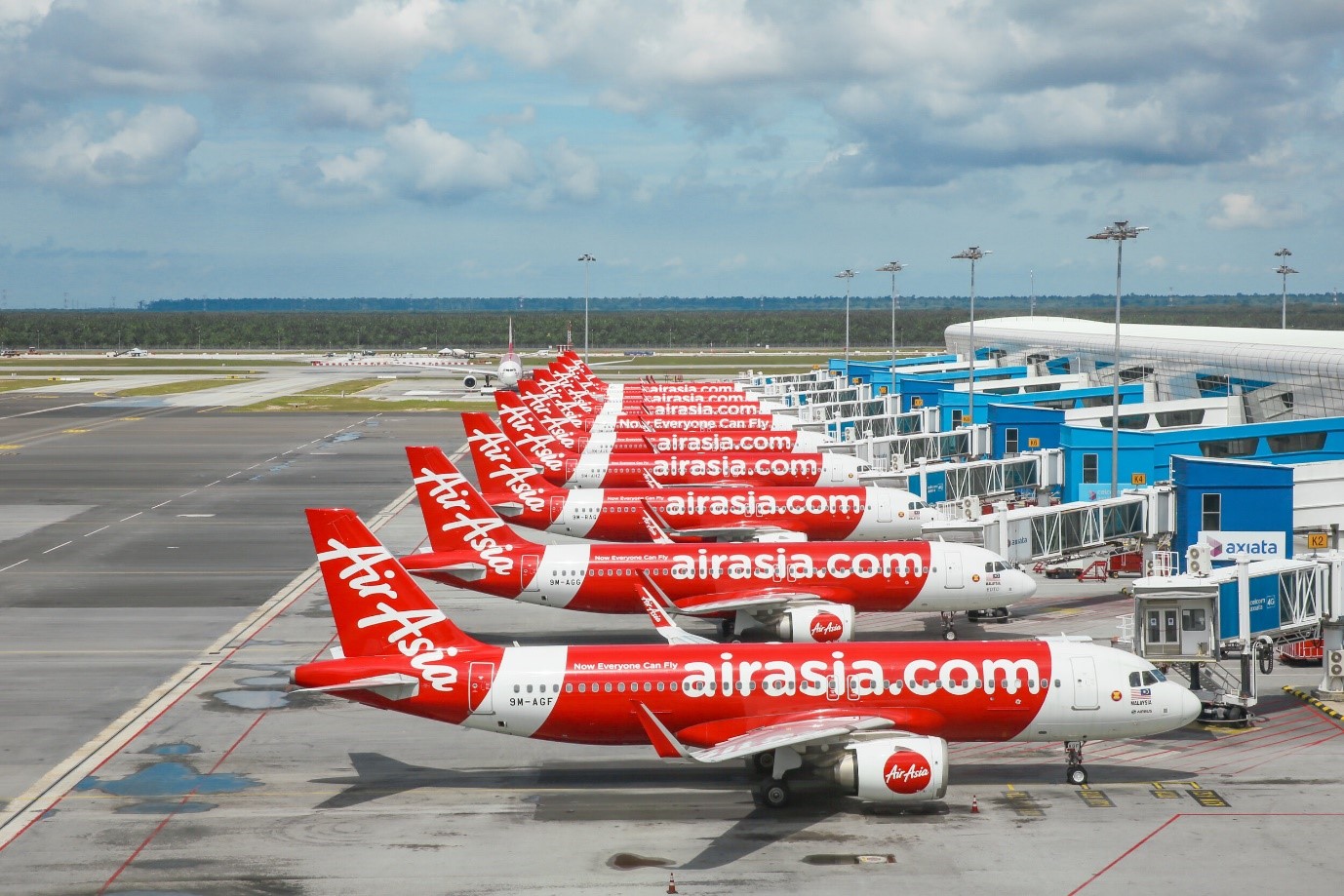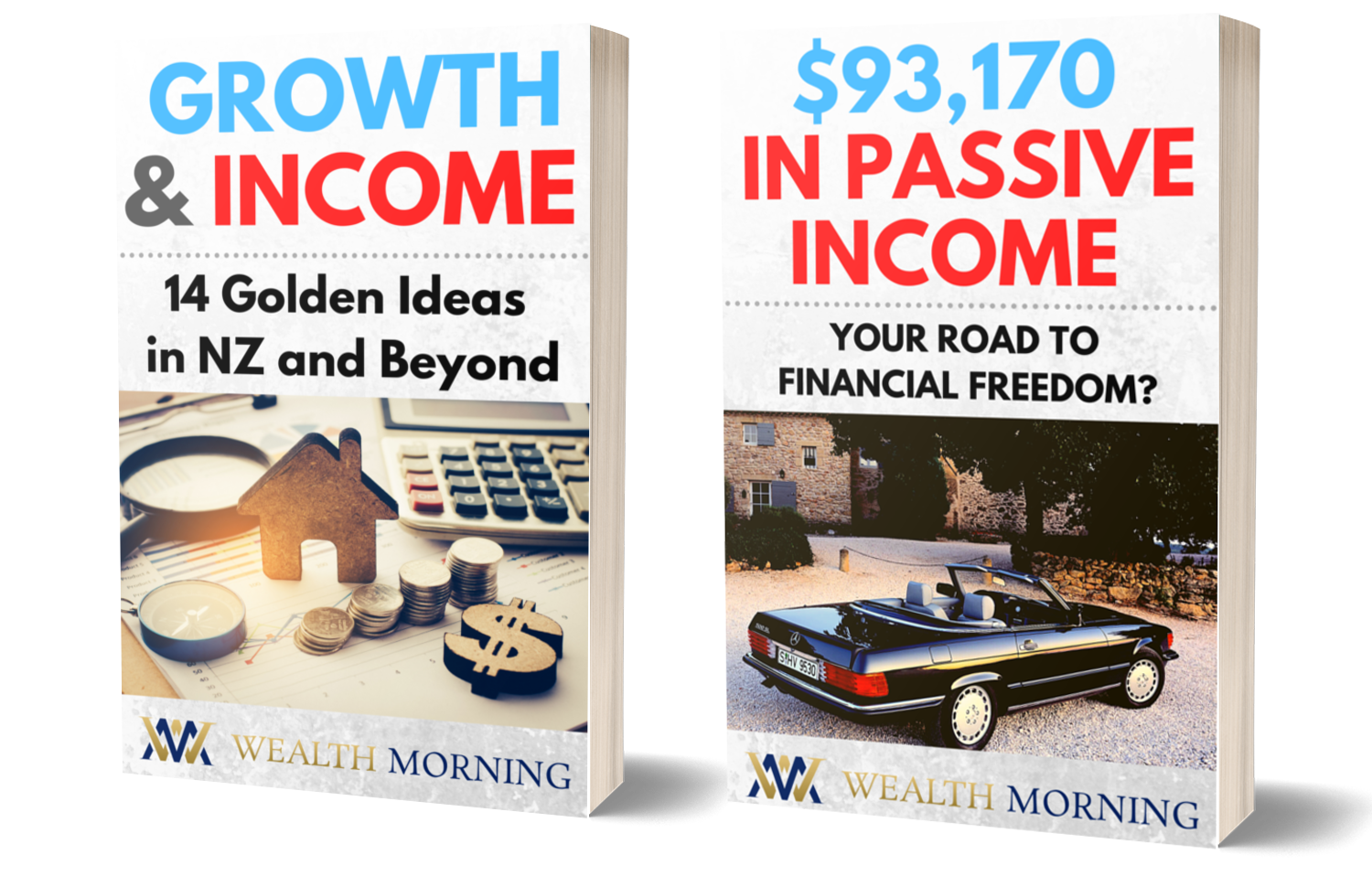‘The oldest and strongest emotion of mankind is fear, and the oldest and strongest kind of fear is fear of the unknown.’
—H.P. Lovecraft
Danger. Crisis. Catastrophe.
Have you ever noticed how much the headlines seem to fixate on these issues?
But be careful about what you choose to digest and absorb. The news is not optimised for truth. It’s optimised for engagement.
This is why a negative headline gets 60% more clicks. And if that wasn’t enough, each additional scary word has a compounding effect, squeezing out even more mileage — 2.3% more clicks.
If your emotions are rattled, well, then the news has done its job.
Nowhere was this clearer than on September 11, 2021.

Source: Los Angeles Times
9/11 was a seismic event. A total event:
- From Cape Town to Jakarta to London, we all saw the horror unfold in real time. The shocking immediacy of the tragedy made it an instant flashbulb memory for us.
- Just like the JFK assassination or the death of Princess Diana, everyone can immediately recall where they were and what they were doing when they first heard about 9/11.
- What did the aftermath cost us? Well, the global unravelling of our rules-based order. The consolidation of conspiracy theories. And an eternal dark mood that continues to haunt us every day since.
Now, you already know this. 2,977 people died on 9/11:
- These were the people who perished at the World Trade Center in New York, as well as the Pentagon in Washington.
- Also, don’t forget the people who lost their lives when United Airlines Flight 93 went down in a field in rural Pennsylvania.
However, here’s what you might not know:
- In the wake of 9/11, the airline industry went into a profound slump. Passenger miles on the major US carriers reportedly fell up to 20%. Americans were scared of terrorism — so they cancelled all their travel plans. They chose not to fly. Instead, they chose to drive.
- On the face of it, this sounds like a reasonable decision, isn’t it? However, as a result of this choice, over 1,500 Americans would die in car accidents in the year immediately following 9/11. That death toll is almost certainly higher if you stretch out the time frame from one year to five years.
- Well, therein lies the irony. More people may have lost their lives as a result of car accidents than on 9/11 itself. Because they acted out of emotion, they ended up putting themselves in far more danger.
- Ultimately, that’s the problem with the news. It’s not optimised for truth. It’s optimised for engagement. And that can actually lead you astray.
The birth of an airline legend

Source: Forbes
Now, here’s where our story takes a fascinating turn:
- In 2001, Tony Fernandes was a Malaysian entrepreneur looking to get into the airline business. To do it, he had mortgaged his house. He had drained his personal savings. And he had acquired a failed company called AirAsia from the Malaysian government, saddled with over USD $11 million worth of debt.
- Was Fernandes crazy? Conventional logic — as perpetuated by the media — seemed to suggest that airline travel was finished. No one would ever want to fly ever again. The world was in turmoil. The industry was in crisis. The mood was apocalyptic.
But Tony Fernandes pushed ahead anyway. He was not so easily shaken. Because where most people saw danger, he saw opportunity:
- You see, in the aftermath of 9/11, airline leasing costs had dropped off a cliff, plunging 40%. And widespread staff layoffs within the industry meant that skilled flight crew were readily available.
- Fernandes used the disruption to secure airline assets on the cheap. He wasted no time in building up his company, AirAsia. He pursued his vision for a low-cost budget carrier that would democratise air travel.
- Fernandes had done his research. As an emerging region, most people in Southeast Asia had never even been on plane. The biggest deterrent was price and accessibility. So Fernandes was confident that a vast untapped market was waiting. All he had to do was position himself shrewdly to capture it.

Source: AirAsia
Ultimately, Tony Fernandes was proven right:
- AirAsia paid off handsomely, turning Fernandes into a multimillionaire. In 2018, his wealth was estimated at over USD $700 million.
- Today, AirAsia planes are now a common sight in terminals throughout Asia. Their red-and-white colours are iconic. Impossible to miss.
- For 14 years running, Skytrax has awarded AirAsia the title of ‘World’s Best Low-Cost Airline’.
- John Maxwell once said: ‘A leader is one who sees more than others see, who sees farther than others see, and who sees before others do.’
- Certainly, Tony Fernandes was more perceptive than most people. 9/11 may have been a terrifying event, amplified by media coverage. But he understood that it was just a temporary blip on the radar. He chose to remain calm. He chose to see beyond the storm. He chose to focus on brighter days ahead.
- This character trait has served Tony Fernandes very well, turning him into one of Southeast Asia’s most dynamic business leaders.
Embrace contrarian thinking
Danger. Crisis. Catastrophe.
Have you ever noticed how much the headlines seem to fixate on these issues?
But be careful about what you choose to absorb and digest. The news is not optimised for truth. It’s optimised for engagement.
So, right now, here’s what you need to think about:
- Are you misreading the current cycle of history?
- Are you listening to prophets of doom making false prophecies?
- Are you forgetting that optimism will eventually win out over pessimism?
- Are you forgetting about the value available today?
- Are you ignoring the incredible assets being sold now at a sharp discount?
These are big questions. Critical questions. And if they are important to you, you need to act now. Please accept my exclusive invitation…
Your first Quantum Wealth Report is waiting for you:
⚡🌎 Start Your Subscription: NZ$37.00 / monthly
⚡🌎 Start Your Subscription: US$24.00 / monthly
✅ EXCLUSIVE BONUS: You’ll also receive these additional eBook reports,
covering 13 NZX stocks, plus 2 global opportunities:







John is the Chief Investment Officer at Wealth Morning. His responsibilities include trading, client service, and compliance. He is an experienced investor and portfolio manager, trading both on his own account and assisting with high net-worth clients. In addition to contributing financial and geopolitical articles to this site, John is a bestselling author in his own right. His international thrillers have appeared on the USA Today and Amazon bestseller lists.